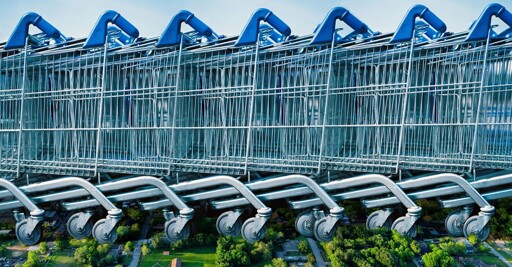Two new research papers challenge that view. Using creative new methods, they find that the costs Walmart imposes in the form of not only lower earnings but also higher unemployment in the wider community outweigh the savings it provides for shoppers. On net, they conclude, Walmart makes the places it operates in poorer than they would be if it had never shown up at all. Sometimes consumer prices are an incomplete, even misleading, signal of economic well-being.
Their conclusion: In the 10 years after a Walmart Supercenter opened in a given community, the average household in that community experienced a 6 percent decline in yearly income—equivalent to about $5,000 a year in 2024 dollars—compared with households that didn’t have a Walmart open near them. Low-income, young, and less-educated workers suffered the largest losses.



You’re probably right, I said that with no data to back it up, only personal experience. I grew up in a relatively large metro area in the rust belt, and our city council made up of pizza shop owners, lawyers, car salesmen, and the like gave up so much to try to attract Walmart to town. It fell through but in the process the council bulldozed a very large neighborhood for the project. The professional staff, in this case the City Manager, was strongly opposed to the project, due to future loss of local business, but the council proceeded anyway.
I would argue, though, that being short sighted about the economic health of communities does imply some level of incompetence on behalf of the local government. They could encourage new local small businesses by starting an incubator program, or offering subsidies for business with less than a certain number of employees. They can find the money to subsidize Walmart and that money isn’t ever coming back, whereas the money spent locally does.
To counter myself on that, maybe that’s only short sighted because we’re looking back and it’s obvious in retrospect. Conventional wisdom at the time Walmart was expanding so rapidly may have been, “more big business means more tax revenue means more nice things for the city.”
Edit: Sorry, I didn’t realize this was two weeks old, it feels like just a couple days ago